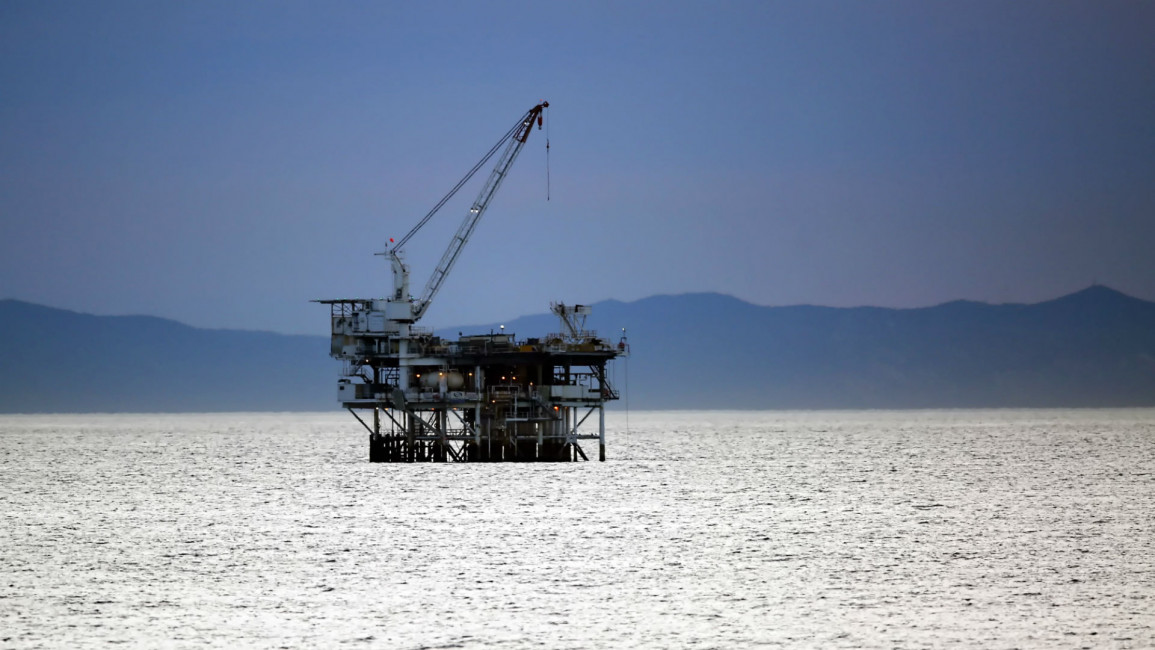US proposes deal over disputed Lebanon-Israel gas field
The US has proposed a settlement for the dispute between Lebanon and Israel over the two countries' shared Karish offshore gas field, according to Lebanon's Lebanon's National News Agency. The settlement would reportedly give Lebanon two-thirds of the field's reserves and Israel the remaining third.
Karish is thought to hold around three trillion cubic feet of gas in addition to liquid petroleum. There has been no official confirmation or denial of the proposed American deal.
The US Deputy Assistant Secretary of State for Energy Diplomacy Amos Hochstein met with Lebanese officials on Thursday 2 July, including Speaker Nabih Berri, Foreign Minister Gebran Bassil and other officials involved in Lebanon's oil and gas sector, to discuss a resolution to the dispute with Israel.
According to reports in the Lebanese media, Berri rejected the deal, insisting Lebanon receive three-quarters of the field. Berri reportedly told the US envoy Lebanon also contests the much bigger Tamar gas field, which falls in part in an area Lebanon claims as part of its own Exclusive Economic Zone (EEZ), in addition to the Karish field. Israel considers Tamar a strategic field and Israel rejects Lebanon's claims.
Berri, who is a close political ally of Hizballah and is thought to reflect the Lebanese militant party's position on this issue, has accused Israel in the past of trying to appropriate Lebanon's resources, and has threatened that this could lead to war between the two countries.
Recent surveys indicate the entire offshore area between Israel, Lebanon and Cyprus contains large reserves of hydrocarbons, including in the disputed zone between Israel and Lebanon.
The two countries are officially at war, and this has made demarcating their maritime borders, usually a bilateral affair, a thorny issue. Lebanon and Israel use different methods to delineate their EEZs, with the result being that around 870 square km of their overlapping territorial waters is contested by both countries.



